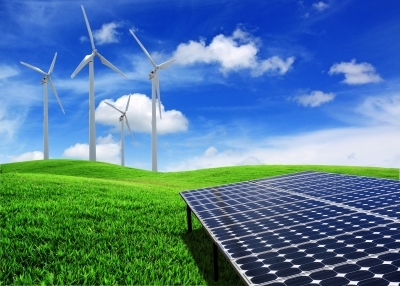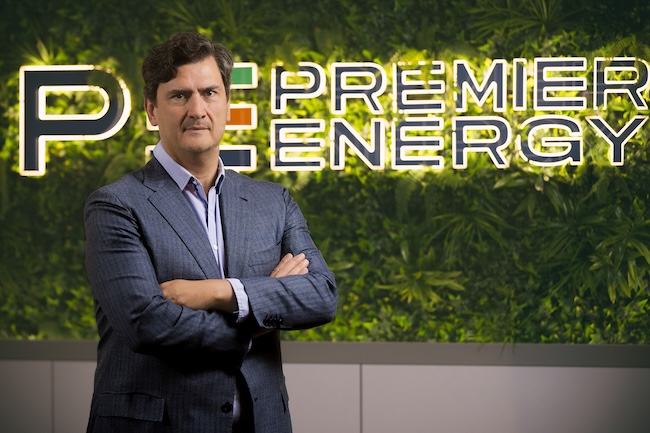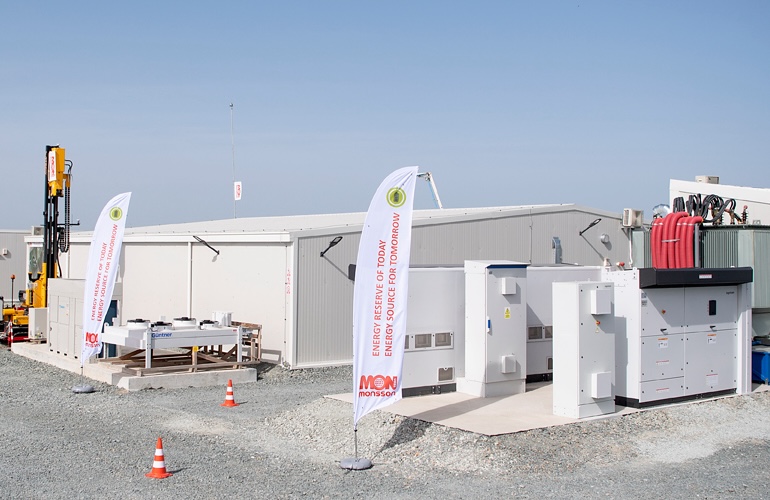ANRE: no risk of overcompensation in the current subvention scheme for green energy

Romania’s Energy Regulatory Authority, ANRE, has established that there isn’t any risk of overcompensation related to the support scheme corresponding to the renewable energy production, according to a report released on March 28. Thus, the current subventions will not be further reduced, at least for green energy producers authorized after January 2015.
“Based on the cost-benefit analysis updated for 2013, aggregated for each type of renewable energy technologies and considering the indicators resulting from cost mediation and in accordance with the power capacities forecasted to be commissioned, no overcompensation risk has been identified. Consequently, there is no need of reducing the quota of green certificates, against the current legal provisions, for producers authorized after January 1, 2015”, the analysis concludes.
The report was issued upon assessing data provided by 517 renewable energy producers and by other 203 economic operators that received or requested authorizations from ANRE for developing green energy projects. Key-indicators considered when elaborating the analysis were the average specific investment in a green energy facility, its average specific variable and fixed costs and the average capacity factor.
Following a similar report for 2012, ANRE suggesting a reduction of the green certificates (GCs) granted to electricity producers using renewable sources, so as to avoid overcompensation, the Romanian Government, decided to cut the number of green certificates for three categories of renewable energy technologies. Therefore, starting January 2014, the electricity produced in wind farms benefits from 1.5 GCs/MWh (instead of 2), producers of solar energy get 3 GCs/MWh (instead of 6), while the electricity generated in small hydropower plants and then supplied to consumers receives 2.3 GCs/MWh (instead of 3).
Unaffected by the legislative updates are the owners of small hydropower plants which are refurbished – 2 GCs/MWh and the producers using biomass for generating electricity, who are allocated 1 up to 3 GCs/MWh depending on the types of biomass used and whether the power station works in cogeneration or not.
As per the information provided by ANRE, following a year 2013, when the development of the green energy sector actually boosted - the total capacity installed almost doubled - the power facilities generating wind energy totaled a capacity of some 2.5 GW, PV projects totaled about 1.15 GW, small hydropower plants came to a total installed capacity of 530 MW, and biomass plants operational in Romania reached 65 MW. ANRE’s estimations for the current year show a further development, though less accelerated, so as with the new facilities that are expected to be commissioned within 2014, the total power capacity installed in stations using renewable sources will amount to nearly 6 GW.
In order for aligning with the EU targets in terms of green energy consumption, Romania stimulates the development of green energy projects through these green certificates issued by Transelectrica, the domestic power grid operator, and granted for free to electricity producers. The certificates are sold to electricity suppliers who are compelled to acquire a quota of GCs as established by ANRE, the associated costs being included in the electricity bills.






